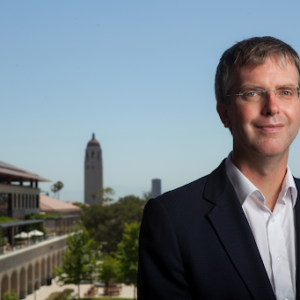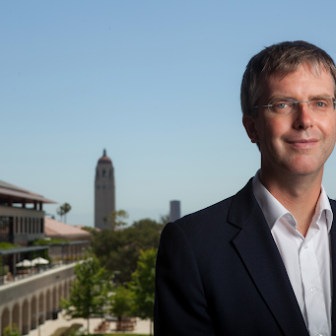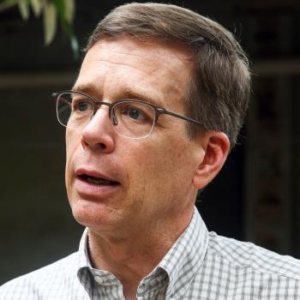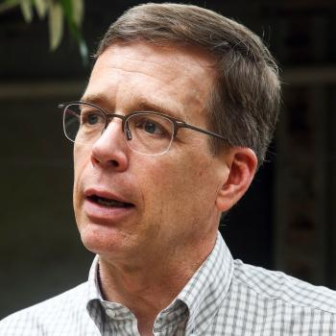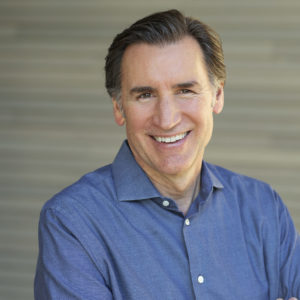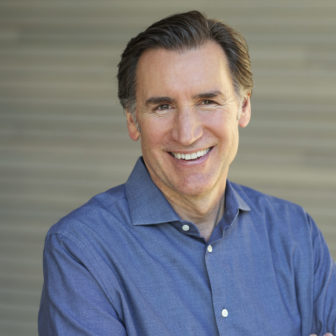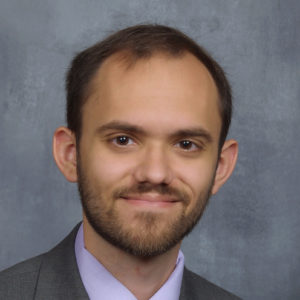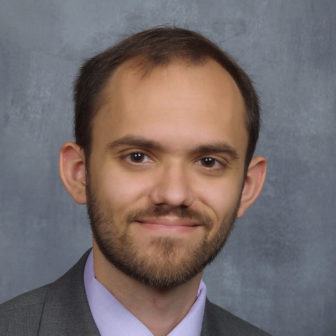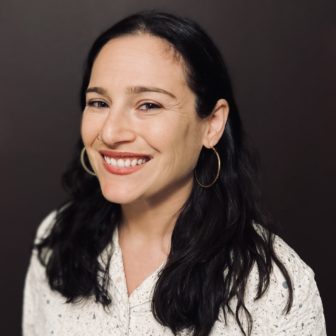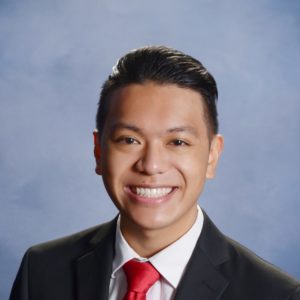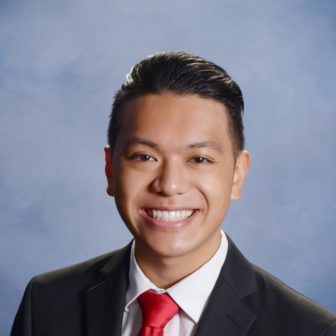Research Convening Event Schedule 2023
9th Annual Stanford Global Health Research Convening
“Pandemic Prevention and Preparedness”
January 25, 2023 | McCaw Hall, Arrillaga Alumni Center
Download the Program
Click below to download a PDF of the 2023 Global Health Research Convening program.
Download the program8:00-9:00 am | Registration and Light Breakfast
9:00—9:15 am | Welcome and Opening Remarks
- Michele Barry, MD
- Senior Associate Dean of Global Health
- Director of the Stanford Center for Innovation in Global Health (CIGH)
- Lloyd B. Minor, MD
- Dean, Stanford University School of Medicine
9:15 – 9:55 am | Opening Keynote
Tara O’Toole, MD, MPH, Senior Fellow and Executive Vice President, In-Q-Tel (IQT)
Pandemics, Planetary Health, and National Security
Keynote Speaker
Dr. Tara O’Toole is an internationally recognized biosecurity expert. She joined the nonprofit In-Q-Tel (IQT) in 2014 as Executive Vice President, and became a Senior Fellow in 2021. IQT uses venture capital practices to discover, adapt, and accelerate innovative technologies for national security missions. Dr. O’Toole leads B.Next, a division of IQT Labs, which focuses on evaluating and investing in technologies to prevent and mitigate epidemic disease, and in biotechnologies relevant to national security. Dr. O’Toole also served as Assistant Secretary of Energy for Environment, Safety, and Health in the Clinton Administration.
From 2009-13, Dr. O’Toole served in the Obama Administration as Under Secretary for Science and Technology at the Department of Homeland Security. Prior to joining DHS, Dr. O’Toole was Professor of Medicine and Public Health and the CEO and Director of the Center for Biosecurity at the University of Pittsburgh Medical Center. Prior to that, she was a professor of public health at Johns Hopkins University and founder of the Johns Hopkins Center for Civilian Defense Studies and served as the Center’s CEO and Director from 2001-2005.
9:55-10:10 am | Lightning Round Presentations (Pink Group)
Presenters will each have 60 seconds to give a snapshot of their global health research.
10:10-10:30 am | Snack Break and Poster Viewing
10:30-11:30 am | Panel Discussion: Pandemic Prevention and Preparedness
Moderator: Michele Barry, MD
Panel:
- -Steve Luby, MD, Associate Dean for Global Health, Director of Research, Center for Innovation in Global Health (CIGH)
- -Milana Boukhman Trounce, MD, Clinical Professor, Emergency Medicine, Stanford Medicine
- -Jeffrey Glenn, MD, PhD, Joseph D. Grant Professor and Professor of Microbiology and Immunology, Stanford
- -Drew Endy, PhD, Associate Professor of Bioengineering, Stanford Department of Bioengineering
- -Jassi Pannu, MD, Resident Physician, Stanford Department of Internal Medicine
Preparedness & Prevention Panelist Bios

Milana Trounce
Pandemic Prevention and Preparedness Panel Speaker

Milana Trounce
Pandemic Prevention and Preparedness Panel Speaker
Milana Trounce directs the BioSecurity program at Stanford, focused on protecting society from pandemics and other threats posed by infectious organisms, with a specific emphasis on approaches to interrupting transmission of infectious organisms in various settings. The background for the approach is outlined in her briefings at the Hoover Institute (see in publications list below). Stanford BioSecurity facilitates the creation of interdisciplinary solutions by bringing together experts in biology, medicine, public health, disaster management, policy, engineering, technology, and business. Learn more
At Stanford, over the past ten years she has established and directed a class on BioSecurity and Pandemic Resilience , which examines ways of building global societal resilience to pandemics and other biothreats and has educated over a thousand students. She has also taught an online Harvard course on medical response to biological terrorism, educating thousands of physicians globally.

Jeffrey Glenn
Pandemic Prevention and Preparedness Panel Speaker

Jeffrey Glenn
Pandemic Prevention and Preparedness Panel Speaker
Jeffrey Glenn’s primary interest is in molecular virology, with a strong emphasis on translating this knowledge into novel antiviral therapies. Current projects aim to better understand the role of prenylation in the life cycles of hepatitis delta virus (HDV) and other viruses–both as a mechanism of intracellular trafficking and trigger of virus assembly, and as a target for a promising antiviral treatment. The function and cell biology of hepatitis and respiratory virus proteins are also being studied, with a focus on identifying key determinants of pathogenesis and designing novel antiviral strategies for hepatitis, influenza, and enteroviruses. Of particular interest are targets in host cells upon which viruses depend, and critical RNA secondary structures in viruses. Other interests include exploitation of hepatic stem cells, development of small animal models, NASH, liver cancer, and engineered human liver tissues. Dr. Glenn is also the Director of , the Stanford Biosecurity and Pandemic Preparedness Initiative.
11:30-12:20 pm | Selected Oral Presentations (Red Group)
- Meri Varkila, MD, Postdoctoral Researcher
- Use of wastewater metrics to track COVID-19 community levels in the U.S.
- Gary Darmstadt, MD, MS, Associate Dean for Maternal and Child Health, Professor of Pediatrics
- Association of clinical signs of possible serious bacterial infections (PSBIs) identified by community health workers (CHWs) with mortality of young infants in South Asia (India, Bangladesh, Pakistan): a prospective, observational cohort study
- Brian Dawes, MD, PhD, Internal Medicine Resident
- Rift Valley fever virus and genome stability in raw milk
Oral Presenter Bios
12:20 – 1:15 pm | Lunch and Poster Viewing
1:15-1:50 pm | Selected Oral Presentations (Blue Group)
- Melissa Salm, PhD, Postdoctoral Fellow, CISAC
- Addressing Global Health Blindspots with the Visibility Initiative for Responsible Science (VIRS)
- Jordan John Lee, BA, BS, M.S. Candidate in Epidemiology and Clinical Research
- Non-Malarial Fevers and Antibiotic Use in a Cohort of Pregnant Women Enrolled in a Malaria Chemoprevention Trial
Oral Presenter Bios
1:50 – 2:15 pm | Lightning Round Presentations (Green Group)
Presenters will each have 60 seconds to give a snapshot of their global health research.
2:15 - 2:25 pm | Closing Remarks and Thank You
Steve Luby, MD
Michele Barry, MD
